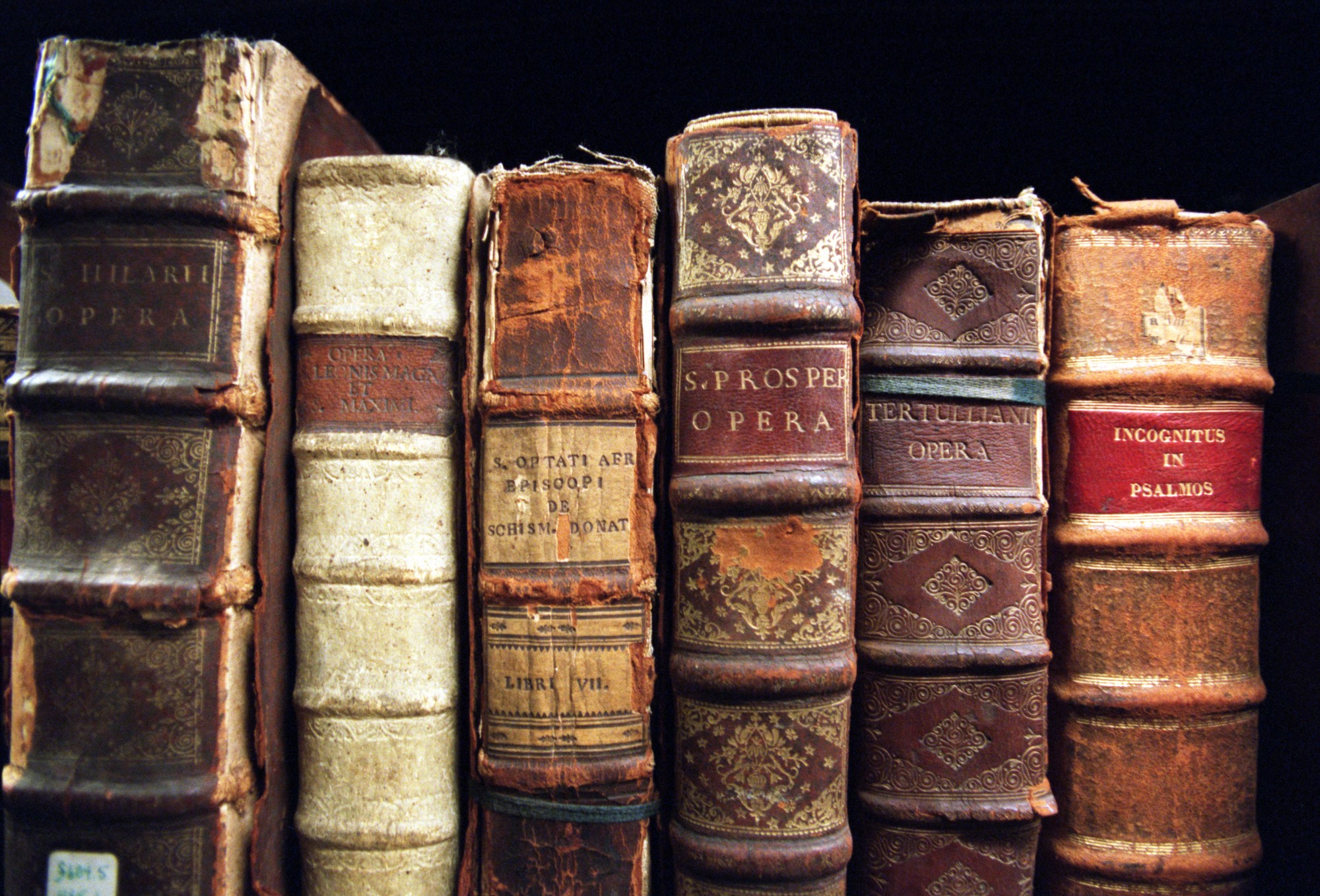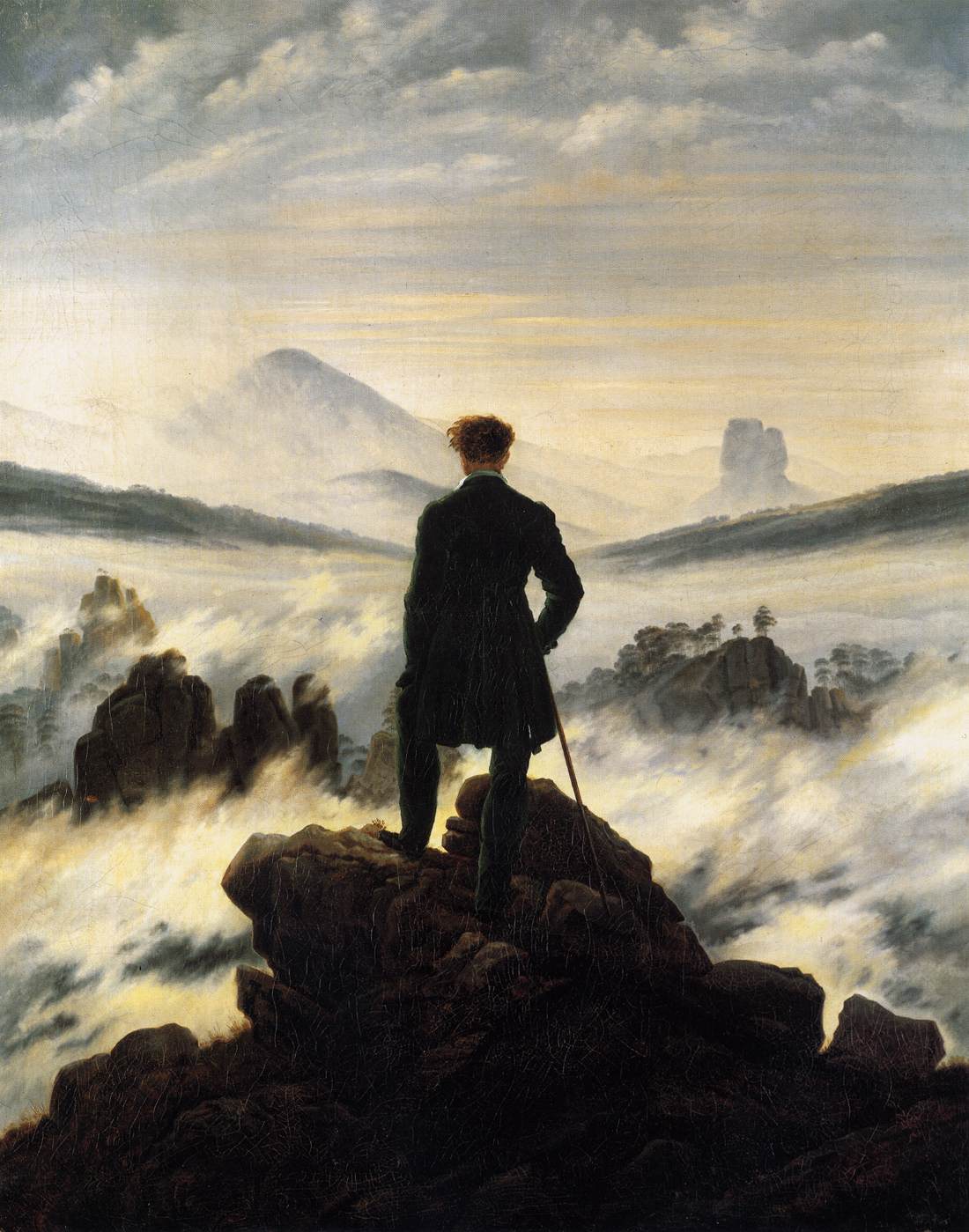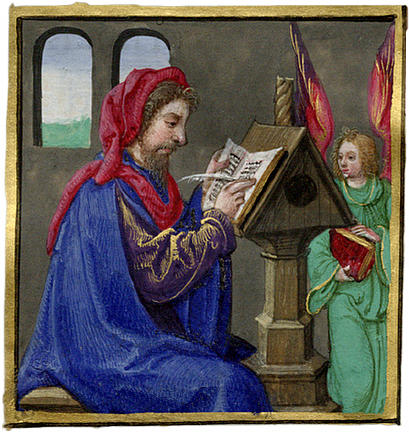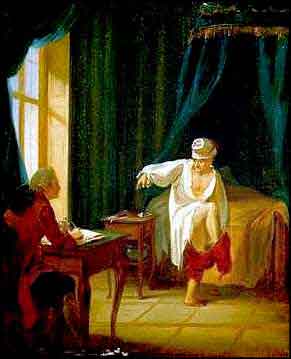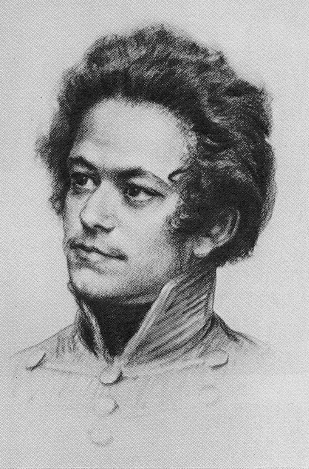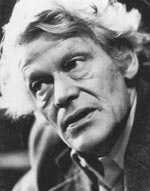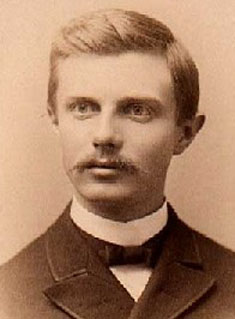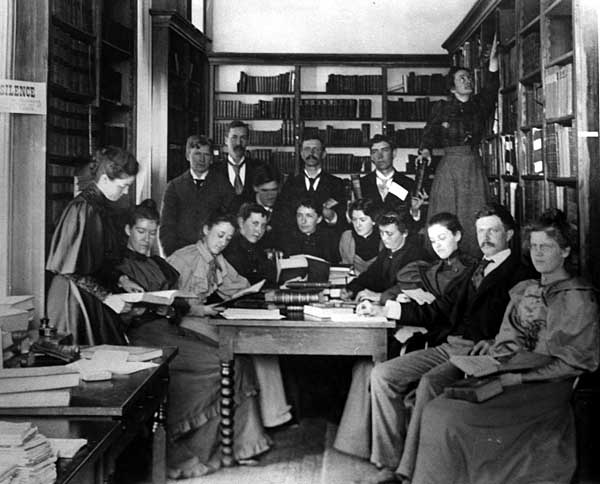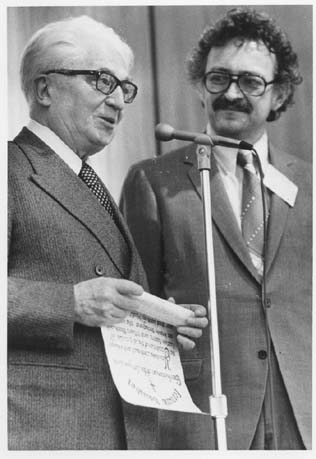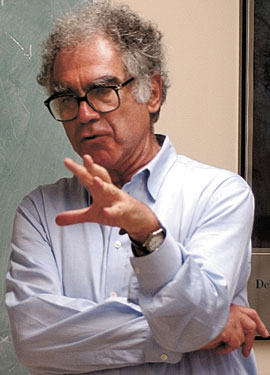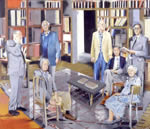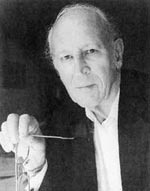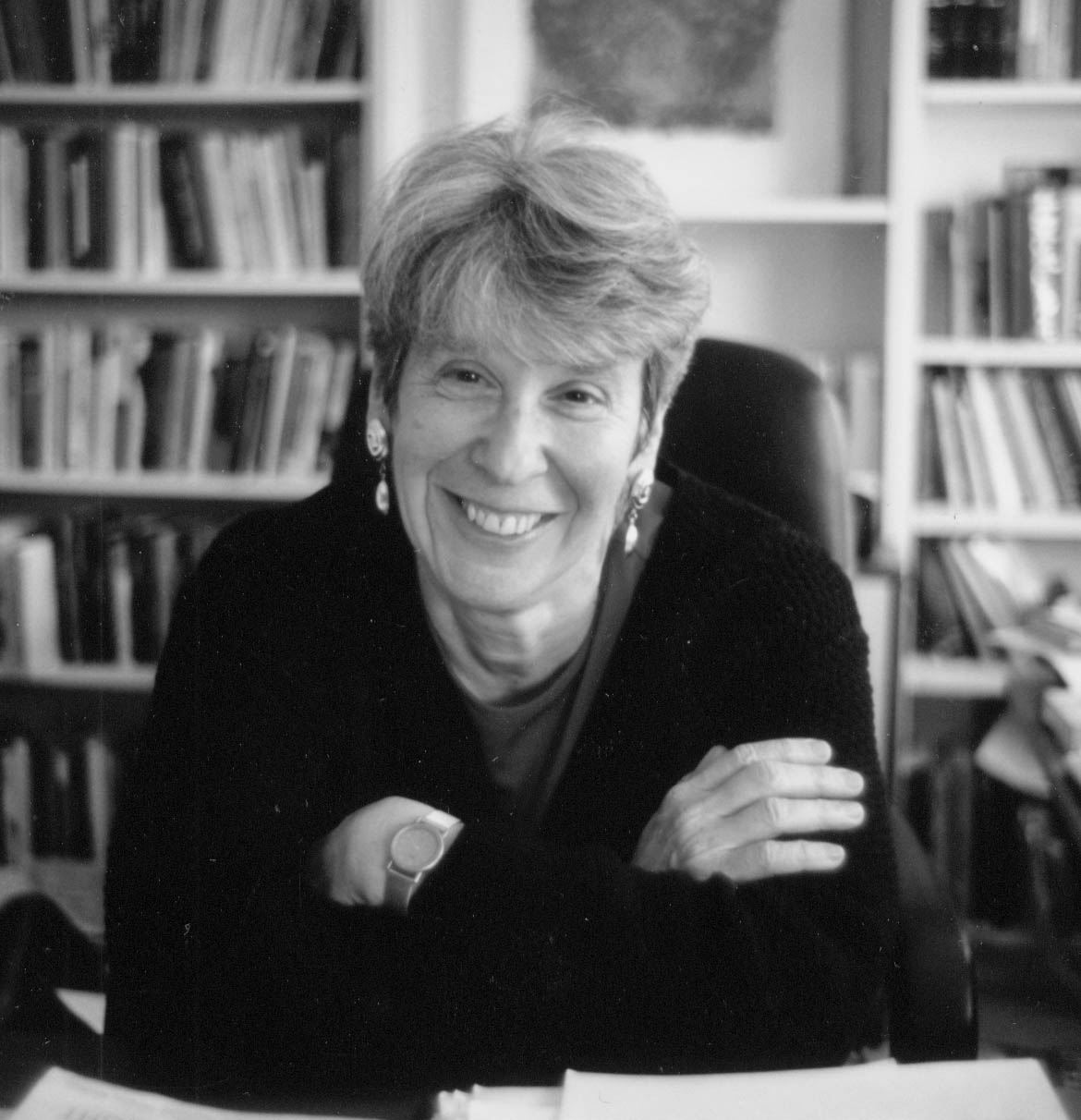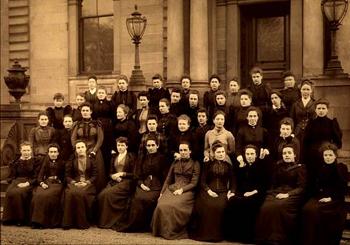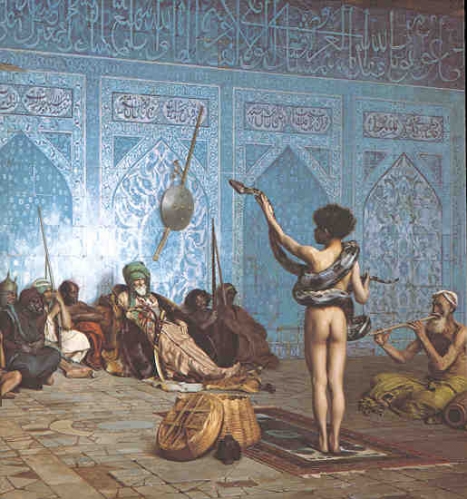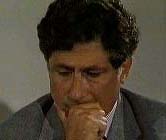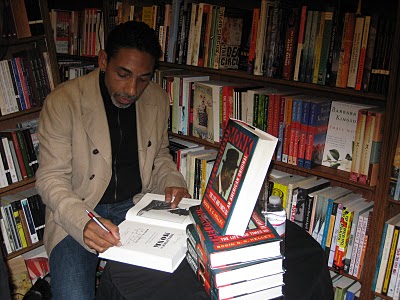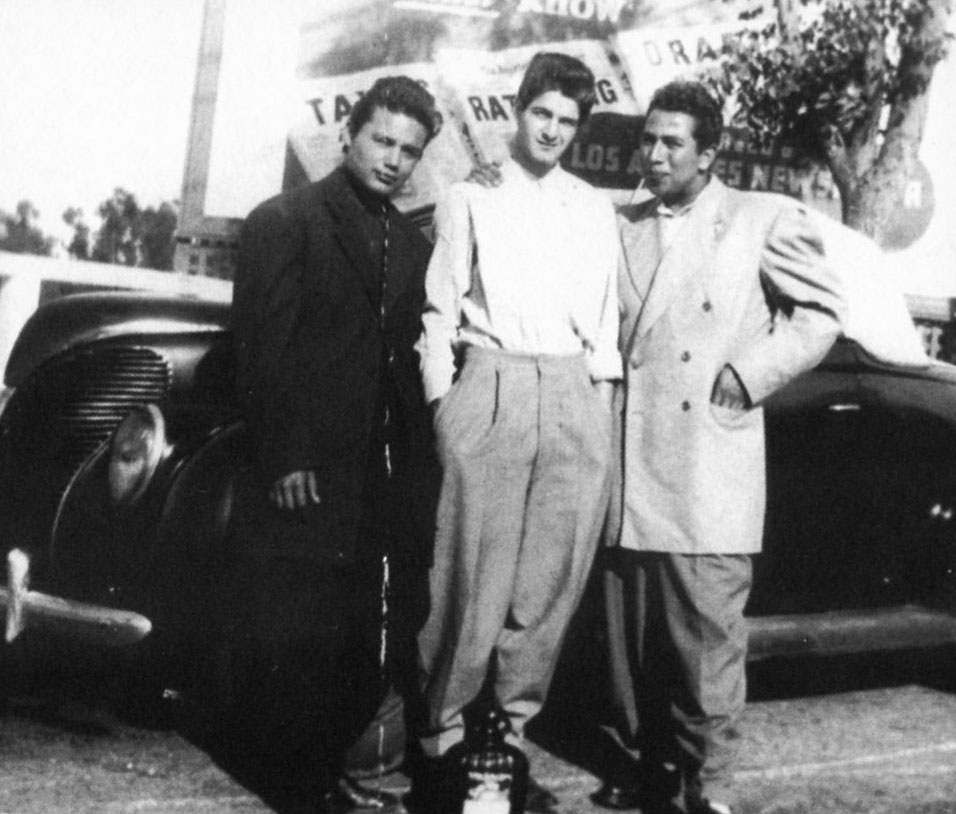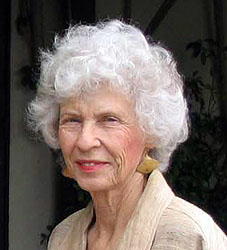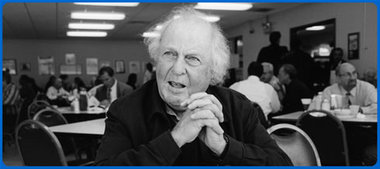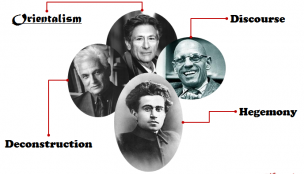week 12.
- Post-Modernism and the History of emotions [Dr. David Smith], 9 Nov.
- Readings
- Michel Foucault, "We 'Other' Victorians" and "Preface" to The History of Sexuality, Vol. II, from The Foucault Reader, ed. Paul Rabinow (New York: Pantheon Books, 1984), 292-300, 333-9. DS OnR
- additional commentary: 1, 2
- Max Horkheimer and Theodor Adorno, "The Concept of Enlightenment," in The Dialectic of Enlightenment (New York: Continuum, 1993), 3-42. DS OnR
- additional commentary: 1, 2
- Rachel Weil, "Sometimes a Scepter is Only a Scepter: Pornography and Politics in Restoration England," in The Invention of Pornography, 1500-1800: Obscenity and the Origins of Modernity, ed. Lynn Hunt (New York: Zone Books, 1993), 125-53, 361-6. DS OnR
- Lynn Hunt, "The Many Bodies of Marie Antoinette: Political Pornography and the Problem of the Feminine in the French Revolution,” in Marie-Antoinette: Writings on the Body of a Queen, ed. Dena Goodman (New York: Routledge, 2003), 108-30. DS OnR
- Barbara Rosenwein, "Introduction," Emotional Communities in the Early Middle Ages (Ithaca: Cornell University Press, 2006), 1-31. DS OnR
- Joyce Appleby, “Knowledge and Postmodernism in Historical Perspective,” in Knowledge and Postmodernism in Historical Perspective, ed. Appleby, et. al. (New York: Routledge, 1996), 1-20. ElJ
- Supplementary Materials
|
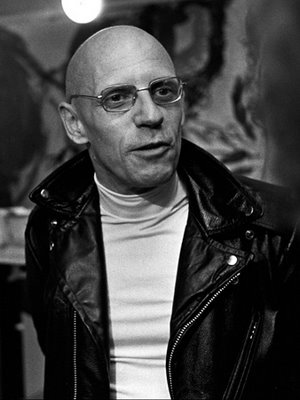
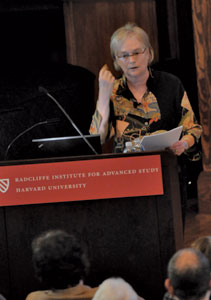
|
